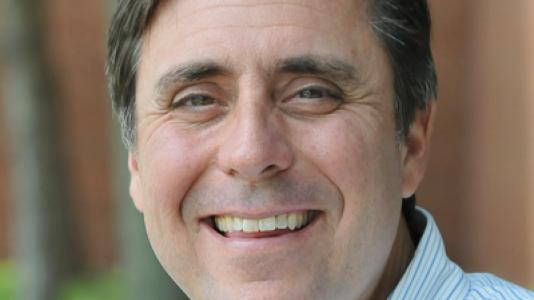
Associate Laboratory Director Mark Peters was honored this week as a Fellow of the American Nuclear Society. Fellow is the highest member status presented by the society, and is granted for outstanding accomplishments in the areas of nuclear science and technology.
Peters is one of five people selected this year for Fellows status. ANS commended Peters for his leadership of “the development and implementation of a new research and development agenda for the United States’ used nuclear fuel and high-level nuclear waste program. Through his leadership, the United States maintained technical direction and capability that continues today as a revised nuclear waste policy is formulated.”
Dr. Steven Zinkle, chair of the ANS Honors and Awards Committee said, “These five individuals have contributed significantly to nuclear science and engineering. This is a prestigious achievement that highlights the professional expertise and innovation each of these individuals has exhibited throughout their careers.”
The five Fellows will be formally recognized at the ANS Annual Meeting in San Antonio, TX on June 8, 2015.
Argonne National Laboratory seeks solutions to pressing national problems in science and technology. The nation’s first national laboratory, Argonne conducts leading-edge basic and applied scientific research in virtually every scientific discipline. Argonne researchers work closely with researchers from hundreds of companies, universities, and federal, state and municipal agencies to help them solve their specific problems, advance America’s scientific leadership and prepare the nation for a better future. With employees from more than 60 nations, Argonne is managed by UChicago Argonne, LLC for the U.S. Department of Energy’s Office of Science.
The U.S. Department of Energy’s Office of Science is the single largest supporter of basic research in the physical sciences in the United States and is working to address some of the most pressing challenges of our time. For more information, visit https://energy.gov/science.